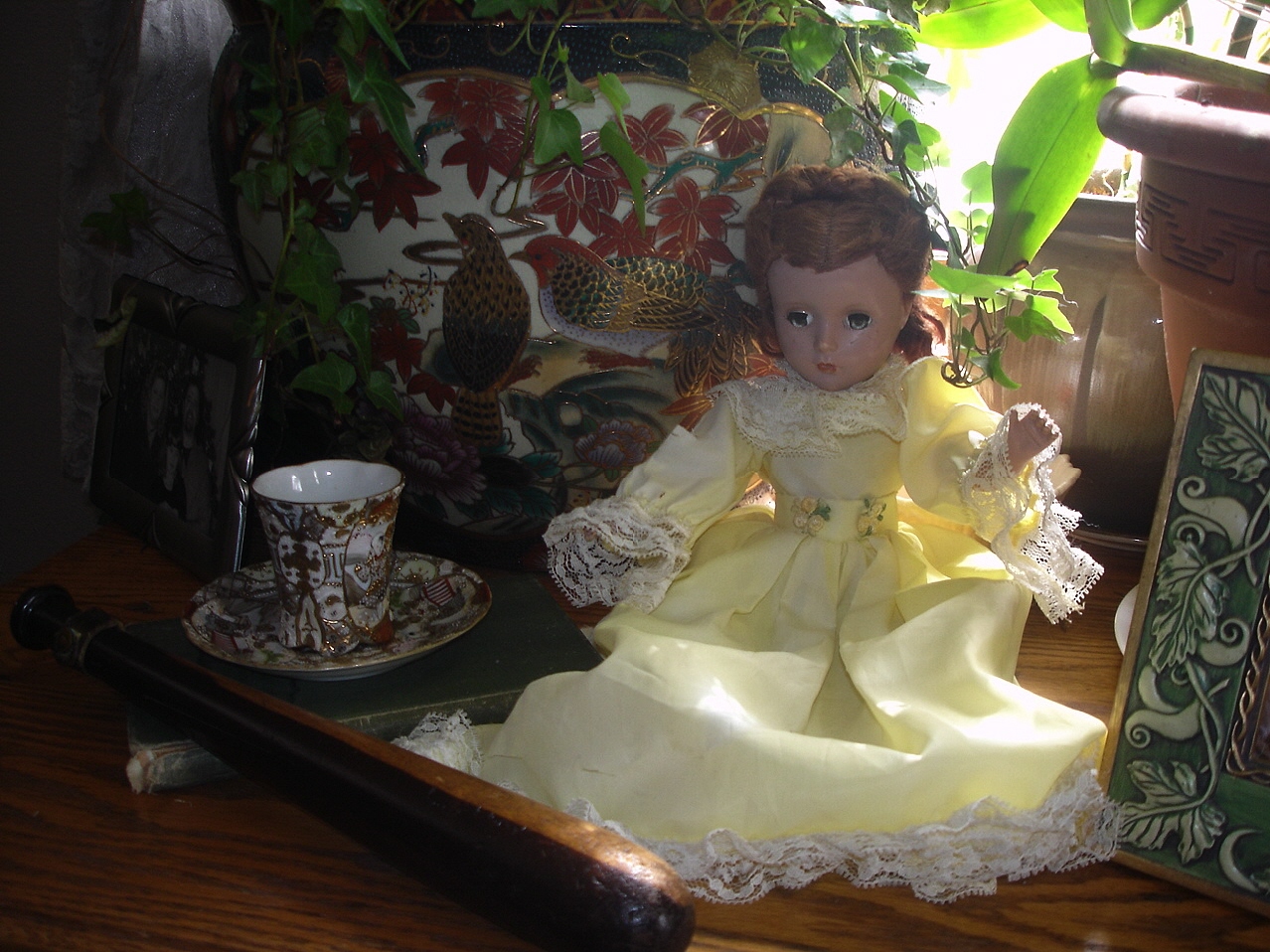Juliana is out battling a nasty cold, so this week we are bringing you a little blast from the past in the form of an article from 2000.
“When you assume . . ..†Whenever I hear that phrase, I flash back to The Odd Couple episode where Felix Unger is in front of the courtroom with a chalkboard warning of the dangers that come “when you assume.” And while assumptions in family history won’t necessarily make or break any court cases like it did for Oscar and Felix, it can waste a lot of precious research time by taking you down roads that just don’t need to be traveled. Time and money can be wasted in researching the wrong records, in the wrong place, or even the wrong person.
Often we form our opinions without even realizing we are doing it. So, here are a few things to think about.
Identity
This one is a biggie! No one wants to waste time investigating someone else’s ancestor. But it can easily happen, particularly when you are dealing with common names. In these cases, it is best to collect as much information as possible on each. By creating a profile for your ancestor and others with the same name, you may be able to separate yours from the pack. More information on this can be found in these articles:
Separating Men of the Same Name,
by Patricia Law Hatcher
Searching for Catherine Kelly in a Sea of Kellys,
by Juliana Smith
Ethnicity
Assuming ethnicity can lead to big problems when you attempt to research overseas, which can make for a very expensive error. But this is an easy mistake to make.
You may have formed an opinion, without realizing it, based on your ancestor’s surname, but often surnames were changed—either Americanized to help the family “fit in” better in their new homeland or sometimes to avoid discrimination. My great-grandfather, John Mekalski, couldn’t get a job for a time because Polish people were being discriminated against. Because he spoke fluent German, he changed his name to Wagner for a little while in order to find work. He was not alone in this. In some cases, the name may never have been changed back.
You may have also seen a place of origin on immigration records, like passenger lists. This may only reflect the port a person sailed from immediately before coming to this country, not taking into account that it was only a stopover on their journey. If the record you have lists Liverpool, Bremen, Hamburg, Amsterdam, Le Havre, or any of the other larger European emigration ports, it may be that your ancestor was not necessarily from there, but traveled to the port before sailing from it. Continue reading →
 Posted This Week
Posted This Week
 Do your loved ones know the significance of items you would like preserved for posterity? Are they aware that that bundle of yellowed letters you have stashed away are letters your grandfather wrote? Or that that those crumbly old recipes sticking out of that cookbook belonged to your great-grandmother? Do they know that the stack of postcards in the closet contain correspondence from a special uncle and that your favorite aunt made the as a wedding gift? Take the time to not only make sure these items are preserved in a safe environment, but also that their significance is noted so that it won’t end up in the trash or on the table at a yard sale some day.
Do your loved ones know the significance of items you would like preserved for posterity? Are they aware that that bundle of yellowed letters you have stashed away are letters your grandfather wrote? Or that that those crumbly old recipes sticking out of that cookbook belonged to your great-grandmother? Do they know that the stack of postcards in the closet contain correspondence from a special uncle and that your favorite aunt made the as a wedding gift? Take the time to not only make sure these items are preserved in a safe environment, but also that their significance is noted so that it won’t end up in the trash or on the table at a yard sale some day.



